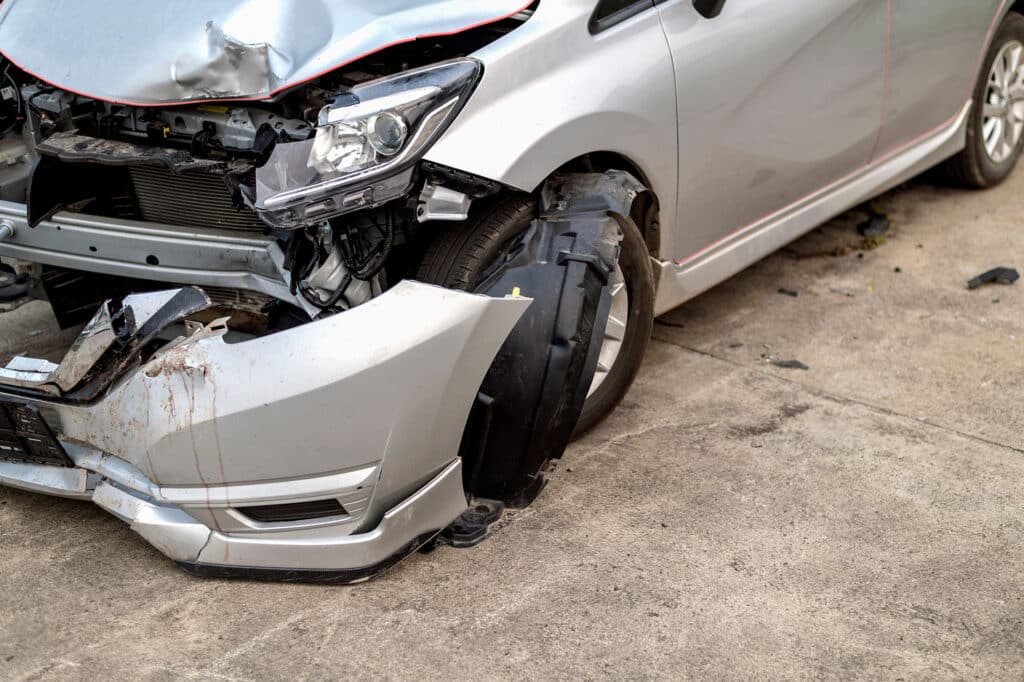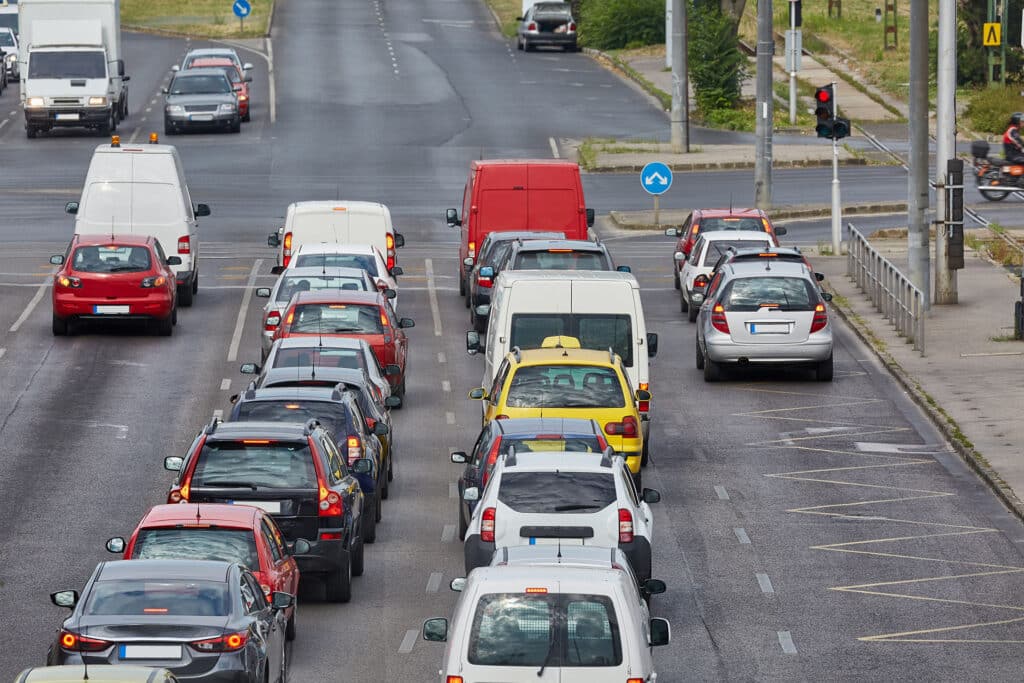
a full service legal team DEDICATED to personal injury
we earned the trust of thousands by doing everything we can to get what they deserve
Tailgating can create serious hazards on the roads. In fact, tailgating is a leading cause of rear-end collisions, and nearly 1 in every 3 traffic wrecks is a rear-ended accident (source: NHTSA).
No matter why or when motorists tailgate, those negligent drivers can be liable for the crashes, trauma, and losses they cause. And the victims of tailgating crashes can get essential help bringing these negligent drivers to justice from Morris & Dewett Injury Lawyers.
For more than two decades, our tailgating accident lawyers have fought fearlessly, diligently, and relentlessly to help accident victims get justice, even when they’re facing the toughest opponents in the most challenging claims. We are proud to provide extraordinary representation and strategic advocacy to help people just like you win and recover when it matters most.
That’s why you can trust our tailgating accident attorneys when it’s time to file a claim and win fair, full compensation. Simply contact Morris & Dewett Injury Lawyers for confidential answers and advice. We are here for you, ready to help 24/7.
in all types of tailgating accident cases, from those involving impaired drivers to pileups, tailgating crashes with 18-wheelers, and beyond. Let us make your claim and recovery our next victory.
Click on a link below to jump directly to any section and get more answers about tailgating accidents, how to recover from them, and how to avoid them.
Tailgating is the reckless act of following another vehicle too closely. In other words, drivers who tailgate do not leave enough distance between their vehicle and the one ahead of them (i.e., the leading vehicle). Generally, that means tailgating drivers fail to leave at least 3 seconds of distance between their vehicle and the leading vehicle.
Highly risky and prone to causing accidents, tailgating is so dangerous because it may not give drivers enough time to slow down or stop when they need to. That’s most likely to result in motor vehicle accidents when:
Although tailgaters have very little time to maneuver or stop their vehicles, speeding — as well as distraction, alcohol intoxication, and fatigue — can reduce that time even more, making drivers far less alert and responsive. That can mean motorists aren’t able to do anything to avoid a crash, which may lead to far worse outcomes.
Tailgating on congested roads can give rise to multi-vehicle wrecks, especially if tailgating drivers don’t have time to brake and alert the motorists behind them that it’s necessary to stop.
Poor visibility, slick roads, and debris in the roads can also contribute to severe tailgating accidents. The chances of those wrecks skyrocket when tailgating motorists fail to reduce their speeds in adverse weather or on risky roads.

Did you or an accident witness see another motorist tailgating right before the crash? Were you involved in a rear-ended accident or a pileup wreck?
Those are just a couple of questions to answer as you work on figuring out whether tailgating was a factor in your motor vehicle crash. What can help you answer those (and other) key questions about a potential tailgating accident claim are:

You don’t have to fight for justice and compensation alone after tailgating hurts you or someone you love. You can trust an experienced lawyer at Morris & Dewett Injury Lawyers for exceptional representation and client-focused service in the pursuit of the recovery you may deserve.
Our team is proud to provide the strategic, fearless advocacy we would expect if we were in your shoes, and we’re ready to fight in and outside the courtroom to help you win. Discover the difference our team can make in your claim and recovery by contacting us today.

“We focus on being the best at 3 things: preparing hard for our cases, making sure we deliver what clients need, and making sure they are treated well throughout the process.”

"*" indicates required fields